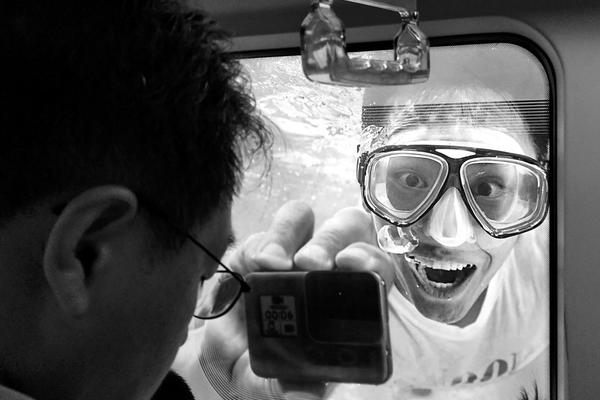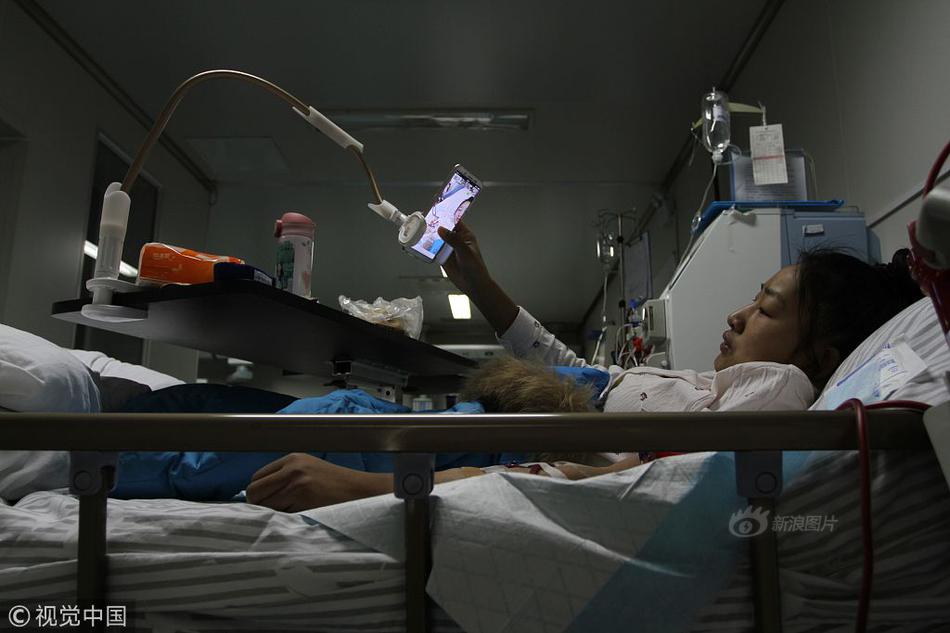Biometrics are Crazy Sexall the rage. Smartphone companies are replacing traditional passwords with fingerprint scanners, face scanners, iris scanners, and just about every other type of body scanner imaginable.
There's just one problem: Most popular biometric scanners are trash, and it's a better idea to use an alphanumeric password (i.e. letters and numbers) to lock your phone instead.
SEE ALSO: When it comes to online security, being paranoid is no longer enoughIt's easy to see why people prefer using fingerprint and iris scanners. Unlocking your phone with an iris scanner just feelsfuturistic. But the harsh reality is these newer methods don't secure your data as well as an old school password.
Let's take the seemingly ubiquitous fingerprint scanner. Most smartphones these days come equipped with some form of fingerprint scanner. Apple introduced Touch ID on the iPhone 5S in 2013, and a host of Android devices had it prior to that. Samsung, for its part, got in on the fingerprint scanner game in 2014 with the Galaxy S5. It's something we've come to expect.
With so many people reliant on fingerprint sensors, you'd think it'd be a pretty safe option. It's sadly not that simple. In 2016, researchers discovered that all it took to trick some phone locks was an inkjet printer and special ink.
 Original image has been replaced. Credit: Mashable
Original image has been replaced. Credit: Mashable And researchers have come up with more creative ways to bypass the fingerprint scanners. In 2017, a group of researchers from New York University and Michigan State University developed a set of so-called "master prints" that successfully unlocked phones 65 percent of the time in a simulation.
And, of course, there is always the unlikely risk of being forced to unlock your phone by the law — or legally sanctioned coercion. As The Atlanticreported in 2016, U.S. judges can order suspects to unlock phones using fingerprints, but they can't force you to divulge your password to unlock the same phone.
Face scanners have proven to be even worse. Samsung's Galaxy S8 face unlock was tricked with a photo. OK, well, surely iris scans are better? Hackers reportedly got around those too, and all it took was a printed photo and a contact lens.
So, to recap: Biometrics are easily hacked, and users can be compelled to unlock phones with fingerprints in a court of law.
It seems that when it comes to securing your device, the best bet is actually an alphanumeric passphrase. And guess what? Apple totally lets you set one of these up!
 Original image has been replaced. Credit: Mashable
Original image has been replaced. Credit: Mashable Sure, it takes a little longer to unlock your phone, but just like every other digital habit you've developed over the years, it becomes second nature quickly enough (trust me on this). And anyway, what's a little delay when it comes to securely protecting your device?
The convenience of biometrics makes fingerprint, face, and iris scans seem like a good option, and it's definitely better than no protection at all. However, you may reevaluate the tradeoff of ease for security when some nefarious character snaps your photo and then has his way with your data.
So disable Touch ID, get a strong alphanumeric passphrase, and don't look back. Your personal data will be way more secure.
Topics Apple Cybersecurity iPhone Samsung
(Editor: {typename type="name"/})
 NYT Connections Sports Edition hints and answers for May 19: Tips to solve Connections #238
NYT Connections Sports Edition hints and answers for May 19: Tips to solve Connections #238
 'Handmaid's Tale' protesters hit back at healthcare bill at the Capitol
'Handmaid's Tale' protesters hit back at healthcare bill at the Capitol
 Instagram insists 'bug' that negatively affected Joe Biden was 'not partisan'
Instagram insists 'bug' that negatively affected Joe Biden was 'not partisan'
 Meet the activists pushing for an anti
Meet the activists pushing for an anti
 Best Max streaming deal: Save 20% on annual subscriptions
Best Max streaming deal: Save 20% on annual subscriptions
'The Last of Us' Season 2, episode 5: The spores are here!
 Craig Mazin and Neil Druckmann's HBO adaptation of The Last of Ushas stuck pretty close to the Naugh
...[Details]
Craig Mazin and Neil Druckmann's HBO adaptation of The Last of Ushas stuck pretty close to the Naugh
...[Details]
Twitter's latest fight against misinformation gets thumbs
 When it comes to fighting misinformation, at least Twitter is trying to do the right thing. Democrat
...[Details]
When it comes to fighting misinformation, at least Twitter is trying to do the right thing. Democrat
...[Details]
Stephen Colbert actually challenges John McEnroe about his Serena Williams comment
 It's great when comedians known for being confrontational actually, you know, confront something.Ste
...[Details]
It's great when comedians known for being confrontational actually, you know, confront something.Ste
...[Details]
 In response to the presence of federal agents at Black Lives Matter protests in Portland, a group of
...[Details]
In response to the presence of federal agents at Black Lives Matter protests in Portland, a group of
...[Details]
Best Garmin deal: Save over $100 on Garmin Forerunner 955
 SAVE OVER $100:As of May 14, the Garmin Forerunner 955 is on sale for $373.07 at Amazon. That's a sa
...[Details]
SAVE OVER $100:As of May 14, the Garmin Forerunner 955 is on sale for $373.07 at Amazon. That's a sa
...[Details]
5 of the nation's most accomplished animal mayors
 In November 2016, a pit bull named Brynneth Pawltro (no relation) was elected mayor of Rabbit Hash,
...[Details]
In November 2016, a pit bull named Brynneth Pawltro (no relation) was elected mayor of Rabbit Hash,
...[Details]
This slide reveals Facebook's cringeworthy hate speech policies
 Facebook's policies for moderating hate speech were exposed Wednesday in what appears to be the most
...[Details]
Facebook's policies for moderating hate speech were exposed Wednesday in what appears to be the most
...[Details]
Donald Trump is going after Jeff Bezos but also seems a bit confused
 It was just a matter of time until Donald Trump went after the far more successful Jeff Bezos. On We
...[Details]
It was just a matter of time until Donald Trump went after the far more successful Jeff Bezos. On We
...[Details]
 Bread and Circuses
...[Details]
Bread and Circuses
...[Details]
This slide reveals Facebook's cringeworthy hate speech policies
 Facebook's policies for moderating hate speech were exposed Wednesday in what appears to be the most
...[Details]
Facebook's policies for moderating hate speech were exposed Wednesday in what appears to be the most
...[Details]
接受PR>=1、BR>=1,流量相当,内容相关类链接。